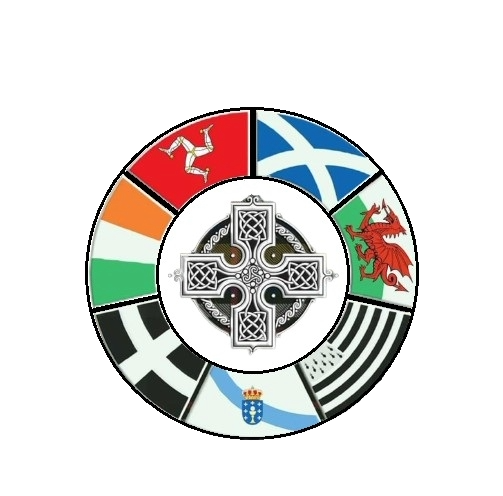The Ancient Celts
As one of the largest groups in ancient Europe, the Celts extended beyond the British Isles. Stretching from Modern-day Spain to the Black Sea, the Celts were the largest group inhabiting ancient Europe.
Celtic history is difficult to trace as none of the ancient peoples in Western or Central Europe would have identified as Celts. The Greeks first made contact with a “barbarian” people called the Keltoi in 540 B.C. off the southern coast of France. The ancient Celts were never a single kingdom or an empire but a collection of hundreds of tribal chiefdoms that shared culture and distinctive language.
The Celts, described as brutal warriors, left no written history; they relied on biased accounts of their enemies from battles with the Greeks and then the Romans. There is no known history of why the Greeks called the Celts Keltoi, but the name stuck, and the Celts gained a reputation in Greece as hard-drinking, fighting savages.
The Romans’ name for the Celts is Galli or Gallia, and they frequently clashed with Celtic tribes in the northern outposts of modern-day Italy. Brennus, the fearless Celtic warlord, sealed the Celts’ brutal reputation in 387 B.C. when he violently sacked and pillaged Rome and put the Roman Senate to the sword. Centuries later, the Roman Empire conquered several Celtic tribes in the Iberian Peninsula (Portugal and Spain). Julius Caesar wrote with disgust and respect for the Celts during his conquest of Gaul (modern France).
Based on evidence of metalwork and jewelry excavated from forts and burial mounds, the Celts were far from savages. The ancient Celts, famous for their colorful wool textiles, the predecessor of the Scottish tartan, were believed to be the first Europeans to wear pants.
The Celtic Revival
Usher in the 19th and 20th centuries and fueled by opposition to British rule, the Celtic revival began. Angered over British rule in locations like Ireland, Scotland, and Wales, the musicians, artists, and authors of the time embraced the pre-Christian Celtic persona. Historians are divided over the accuracy of today’s Celtic heritage, which is more than the Irish and Scottish phenomena.
Fast forward to the 21st century, the Krewe of Seven Celtic Nations was established and once again revived the Celtic persona in 2013, but rather than in opposition, it is a celebration of the little-known, much-debated, and embraced group of tribes. Instead of the brutal and savage history, today’s Krewe celebrates by giving back to the community, fostering long-term friendships, and entertaining parade spectators.

